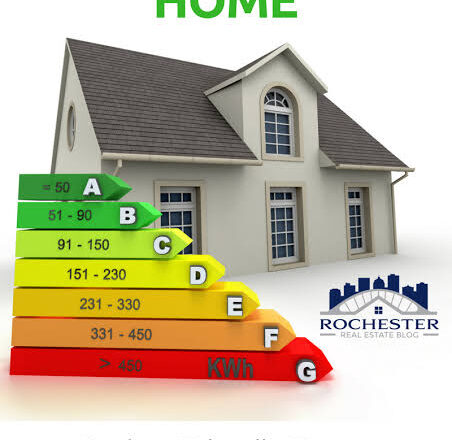If your home is not energy efficient then you can make it at the time of home renovation. Along with the other homework, you can make your electrical system more efficient by implementing some changes to it.
There are many benefits of an energy-efficient home such as low energy bills at the top of the list and it can provide you with a more comfortable living environment. In most cases, some homeowner does not know how to proceed with making efficient electrical systems in their homes.
So, they can use electrical estimating services. Here are seven essential considerations to keep in mind when planning your energy-efficient home renovation.
1. Conduct an Energy Audit
Before starting any renovations, it’s wise to conduct an energy audit. This process involves assessing your home’s current energy consumption. Once the correct electrical consumption is calculated, the next step is to identify where improvements can be made.
Many utility companies offer free or discounted energy audits, one such company is Electrical Estimators. A professional can help pinpoint issues such as poor insulation, drafty windows, or outdated appliances.
When you understand these weaknesses then you can focus your renovation efforts on areas that will yield the greatest energy savings.
2. Upgrade Insulation
If you haven’t insulted your home then it would be a good step towards making your home energy efficient. In our daily lives, the most important needs of our indoors are the air quality and temperature. And we use electrical appliances such as HVAC to regulate the temperature.
HVAC is a big source of energy consumption. So, you can insulate your homes at the time of renovation to make the minimum use of electricity. However, HVAC is necessary even after insulating your home. However, its need can be reduced.
In cases where you reduce the use of HVAC and still your electricity bills are high then it means there is some problem with your HVAC installation.
For this, you can use HVAC estimating services to ensure the optimal HVAC working.
3. Choose Energy-Efficient Windows
Windows and doors are directly linked with the energy efficiency of homes. Because there are sources of heat loss from inside of the home. This heat loss is more prominent in case you are using single-pane windows and doors.
So, whenever you start to renovate your home, you must replace your doors and windows with double or triple-pane. These triple-pane window and door materials minimize heat transfer and keep your home warmer in winter and cooler in summer.
This investment not only enhances energy efficiency but also improves your home’s aesthetic appeal.
4. Opt for Energy-Efficient Appliances
When renovating your kitchen or laundry area, choose energy-efficient appliances. Look for those with the ENERGY STAR label, which indicates that they meet strict energy efficiency guidelines set by the U.S.
Environmental Protection Agency. Energy-efficient appliances consume less electricity and water and help you save on utility bills in the long run.
Whether it’s a refrigerator, dishwasher, or washing machine, opting for energy-efficient models will contribute to a greener home.
5. Consider Renewable Energy Sources
Incorporating renewable energy sources into your home renovation can enhance energy efficiency. Solar panels, for instance, can provide clean energy.
Due to this, you can reduce your reliance on the grid. When planning your renovation, evaluate the potential for installing solar panels or solar water heating systems.
Additionally, consider wind turbines if your location permits. Although the initial investment can be substantial, the long-term savings on energy bills and the positive environmental impact make it worthwhile.
Conclusion
When renovating, homeowners often overlook essential electrical considerations, leading to costly mistakes.
Here are seven common electrical mistakes to avoid such as; skipping permits, overloading circuits, ignoring local codes, neglecting grounding, improperly installed outlets, not considering future needs, and DIY electrical works.
These mistakes can collectively produce costly long-term repairs and hazards for the inhabitants of the home. To mitigate these concerns, it is good for homeowners to consult with.
These services help them implement the right electrical work and reduce errors.




